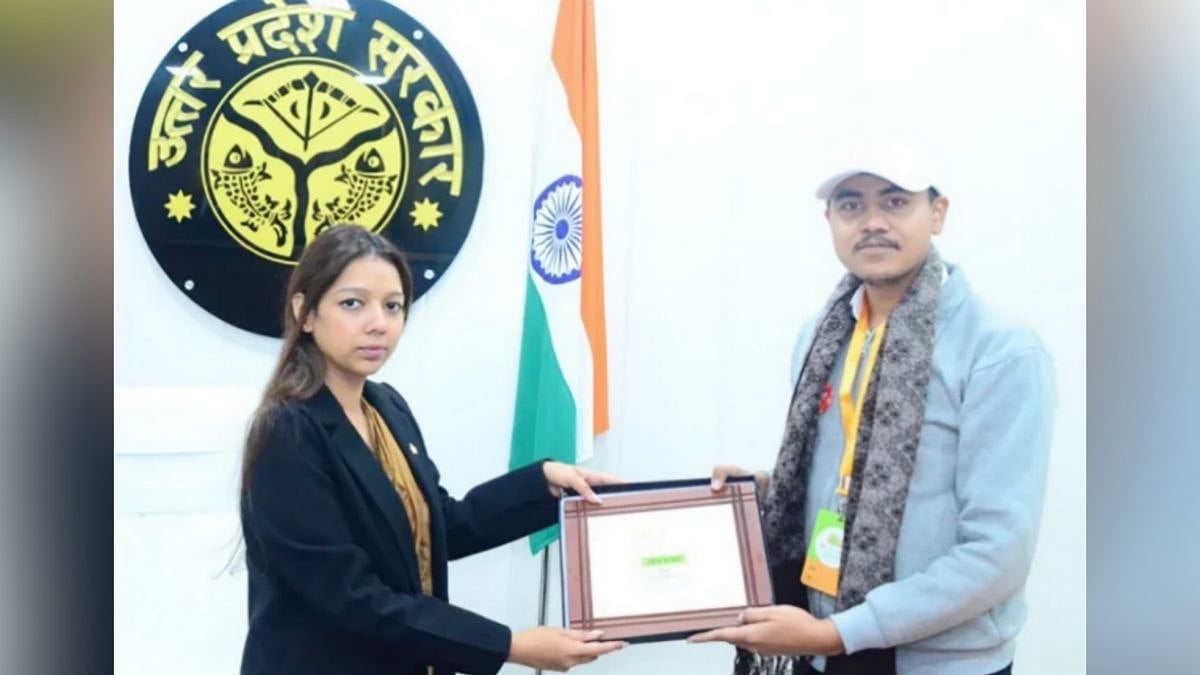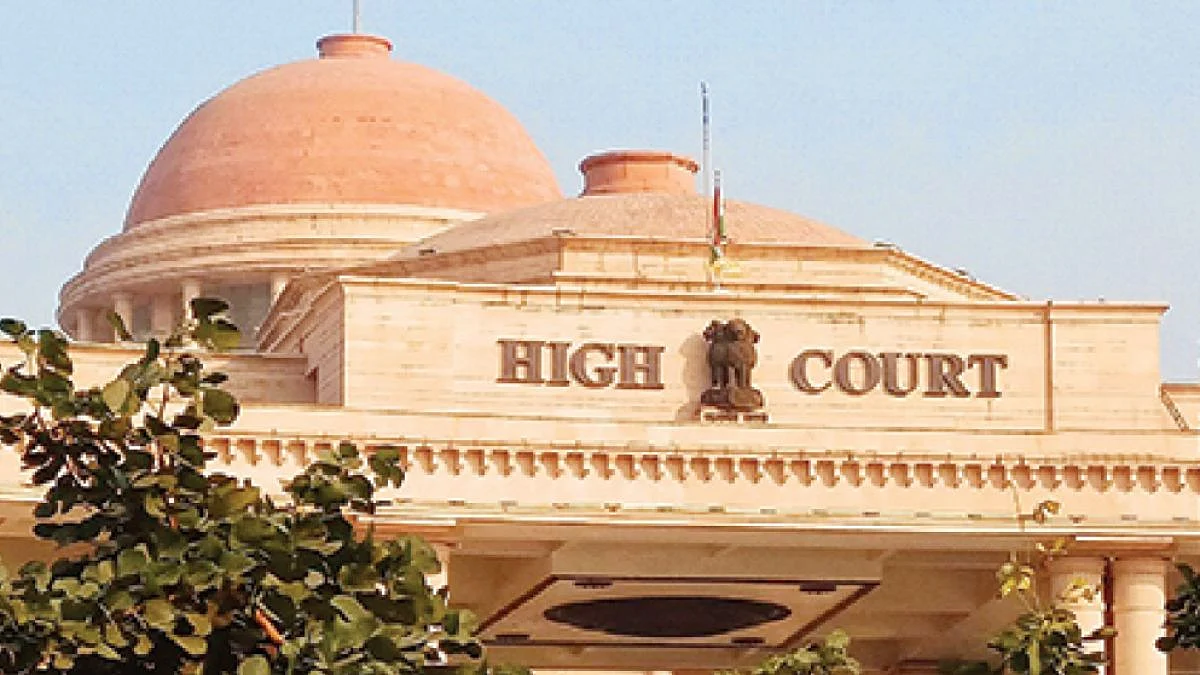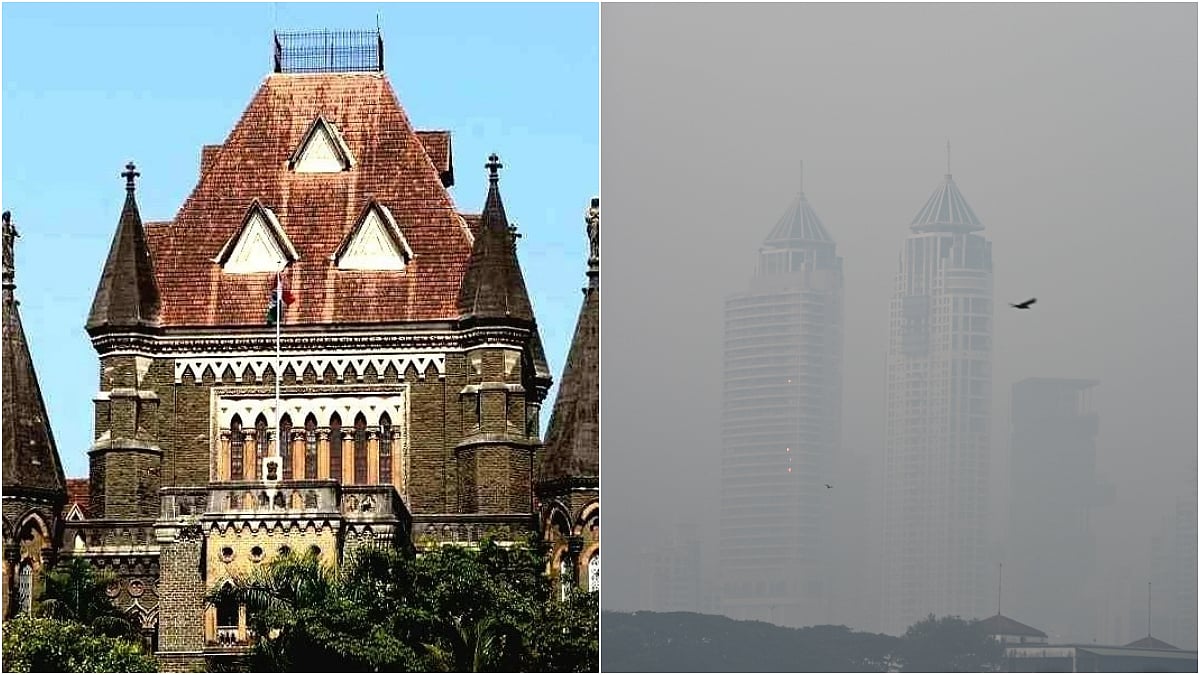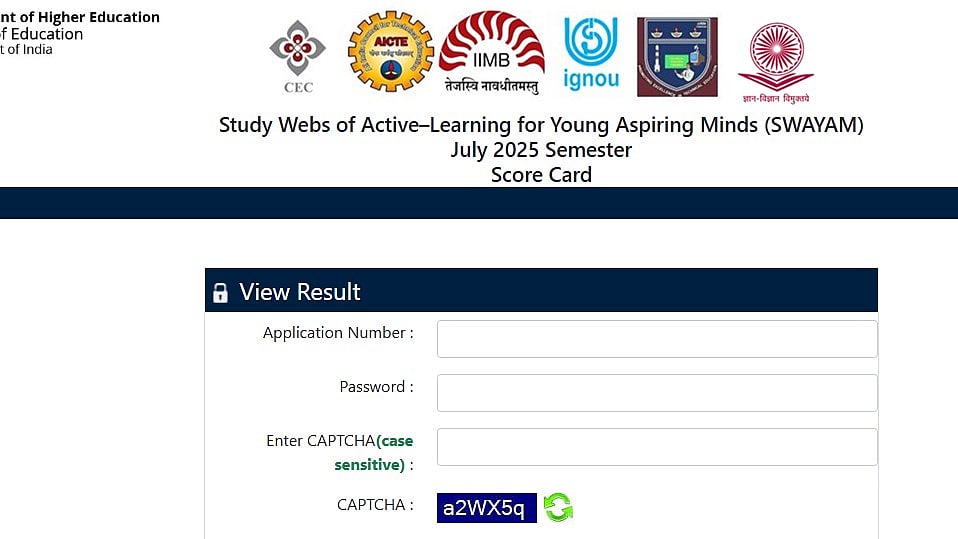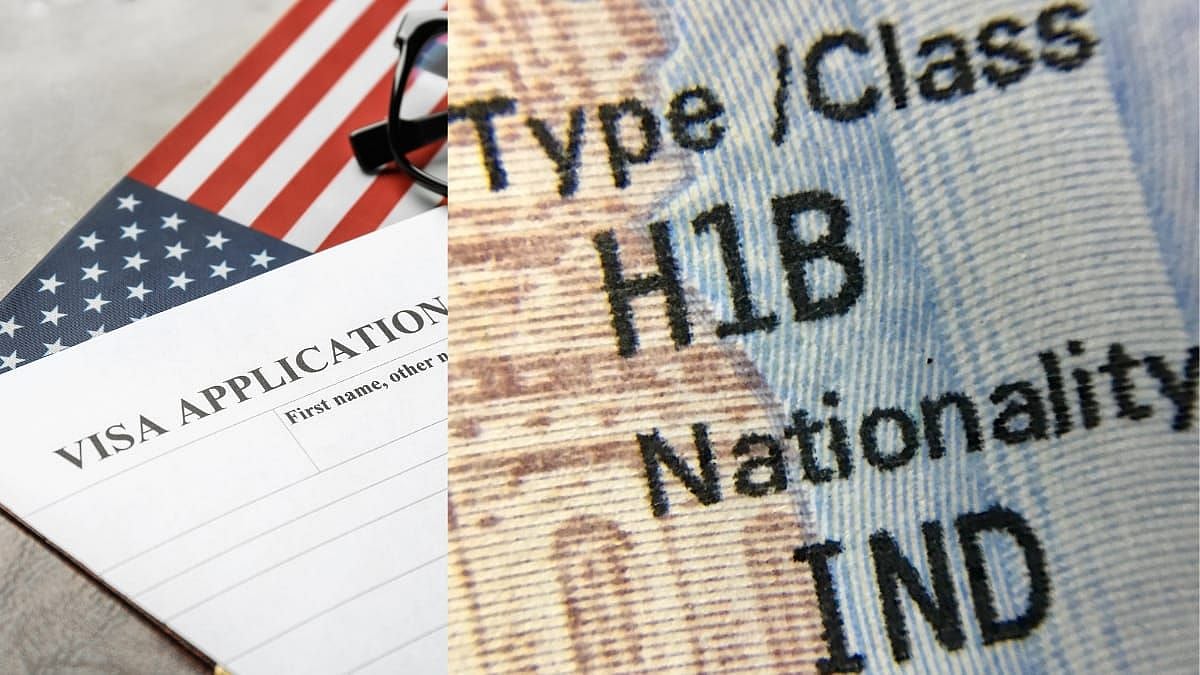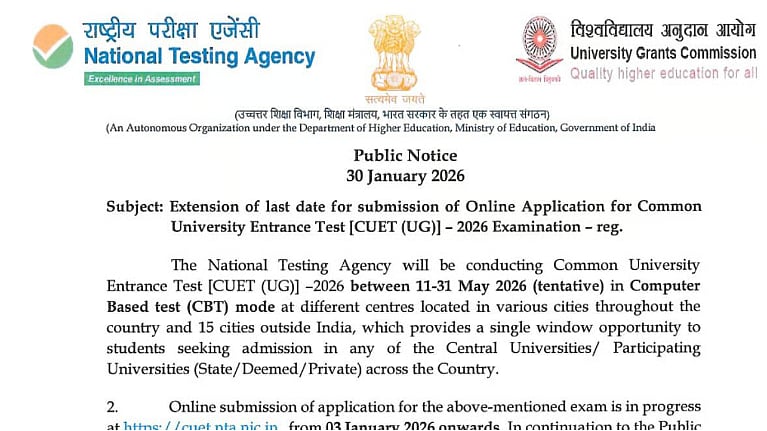Mumbai: Thirteen medical aspirants from Maharashtra have filed a writ petition at Bombay High Court (HC) to put a curb on caution or deposit money charged by medical colleges.
The petition was filed on Friday at HC's Aurangabad bench and will be heard on Monday by justices Mangesh Patil and Shailesh Brahme.
The petitioners, most of whom belong to various marginalised sections of society, claimed that they are unable to get admission to MBBS at several private medical colleges as they require students to deposit large sums of money under various heads such as hostel, mess, gymkhana, library and laboratory at the time of admission. While this amount is fully refunded after completion of the courses, paying this amount, alongwith the college's regular fee, is a daunting task for the students and their families.
The caution or deposit money is ostensibly charged to make up for any loss or damage to college property at the hands of students. The state's 22 private medical colleges ask for anywhere between Rs 20,000 to Rs 5 lakh in refundable payment, with most of the colleges charging around Rs 2-3 lakh.
"Due to heavy deposits and caution money charged, [students] have not selected 12-13 Private colleges. This resulted in higher cut-off in colleges not charging deposits and lower cut-off in colleges charging deposits. The petitioners are not allotted any seat in the first and second rounds," reads the petition.
The plea also argues that these fees violate the provisions of Maharashtra Unaided Private Professional Educational Institutions (Regulation of Admission and Fees) Act, 2015, which stipulates that private unaided professional colleges can't charge anything other than the fees decided by the state's Fee Regulating Authority (FRA).
The petitioners have also cited an Office Memorandum issued last year by the National Medical Commission (NMC), which said that the colleges shouldn't charge 'exorbitant' deposits. The directive also says that the interest amount earned by a college on the deposit money should be taken into account while calculating the institute's expenses. It also provides for FRA to put a cap on the deposit amount across colleges.
The students have requested the court to declare the existing deposit charges as illegal and to have a ceiling limit on deposit and caution money.

